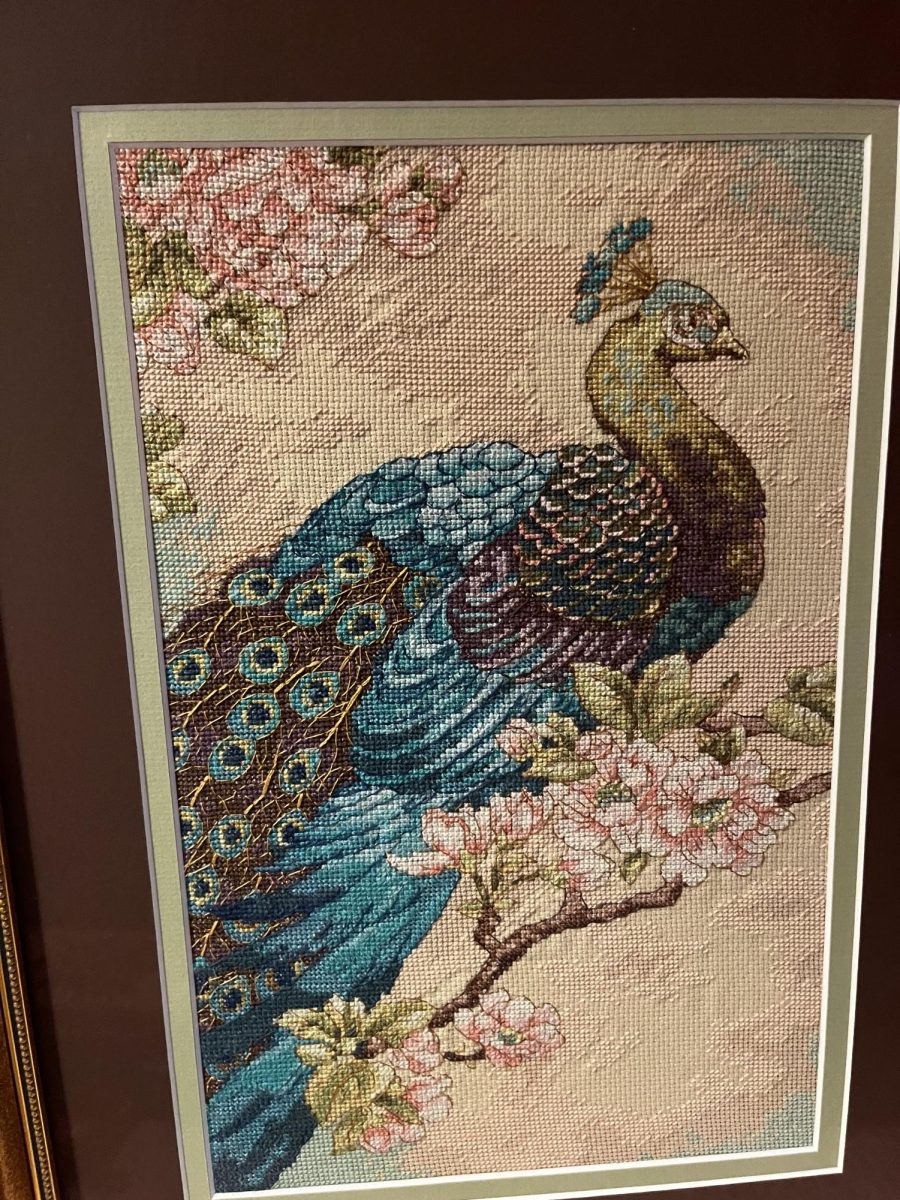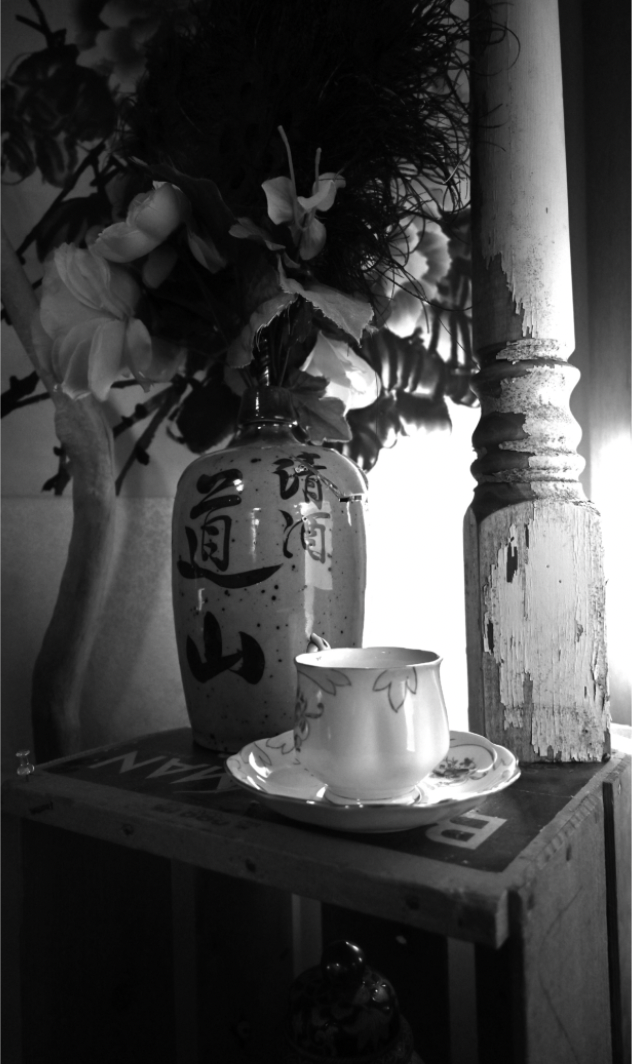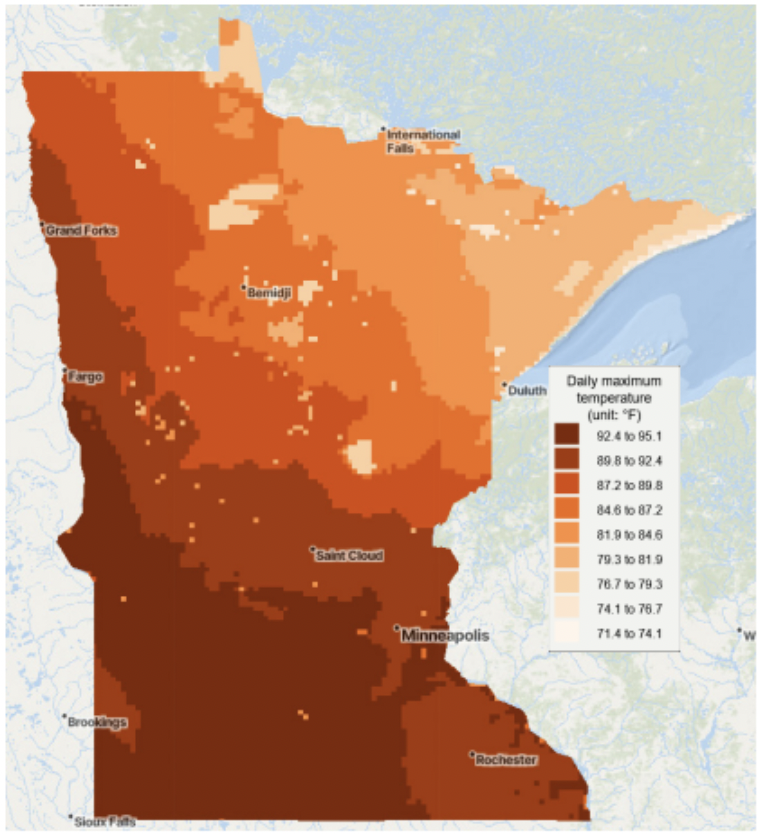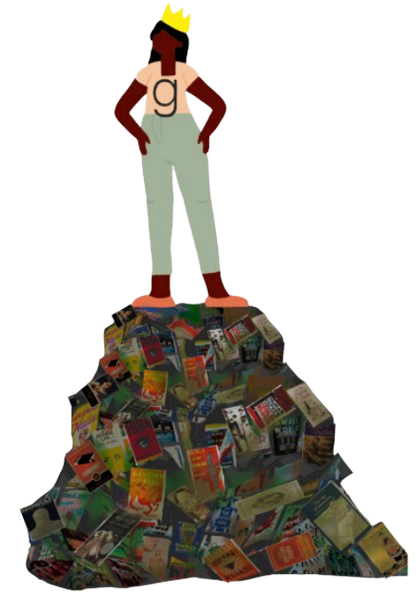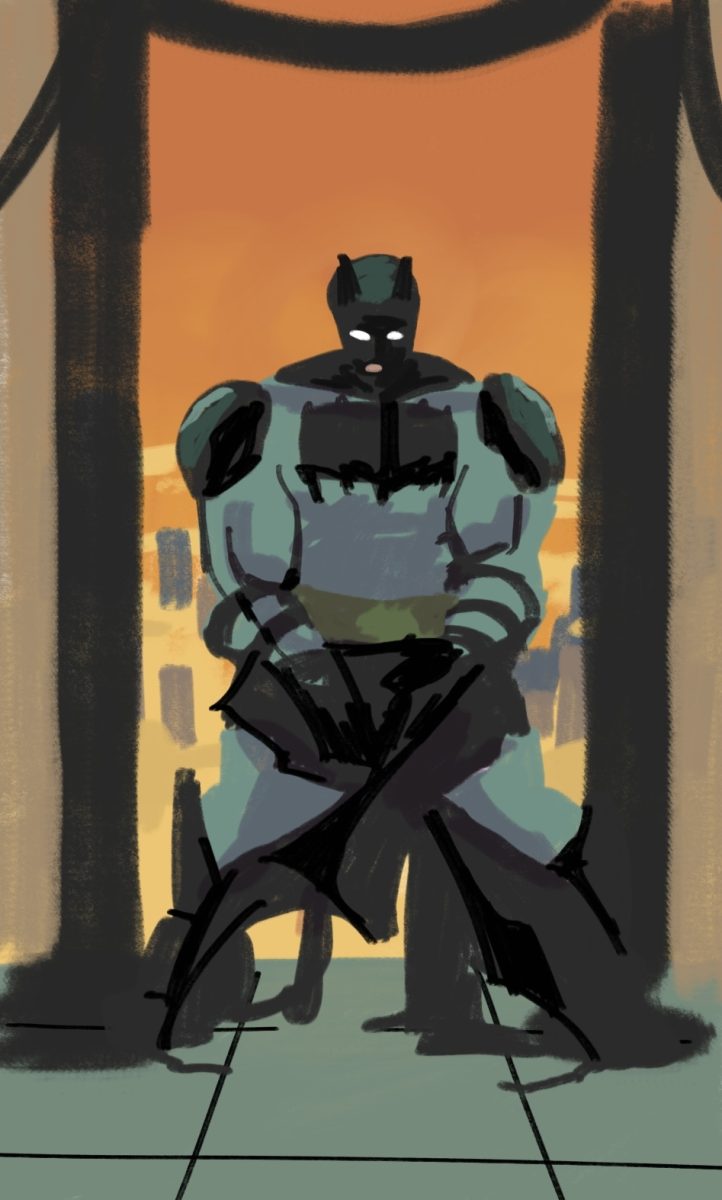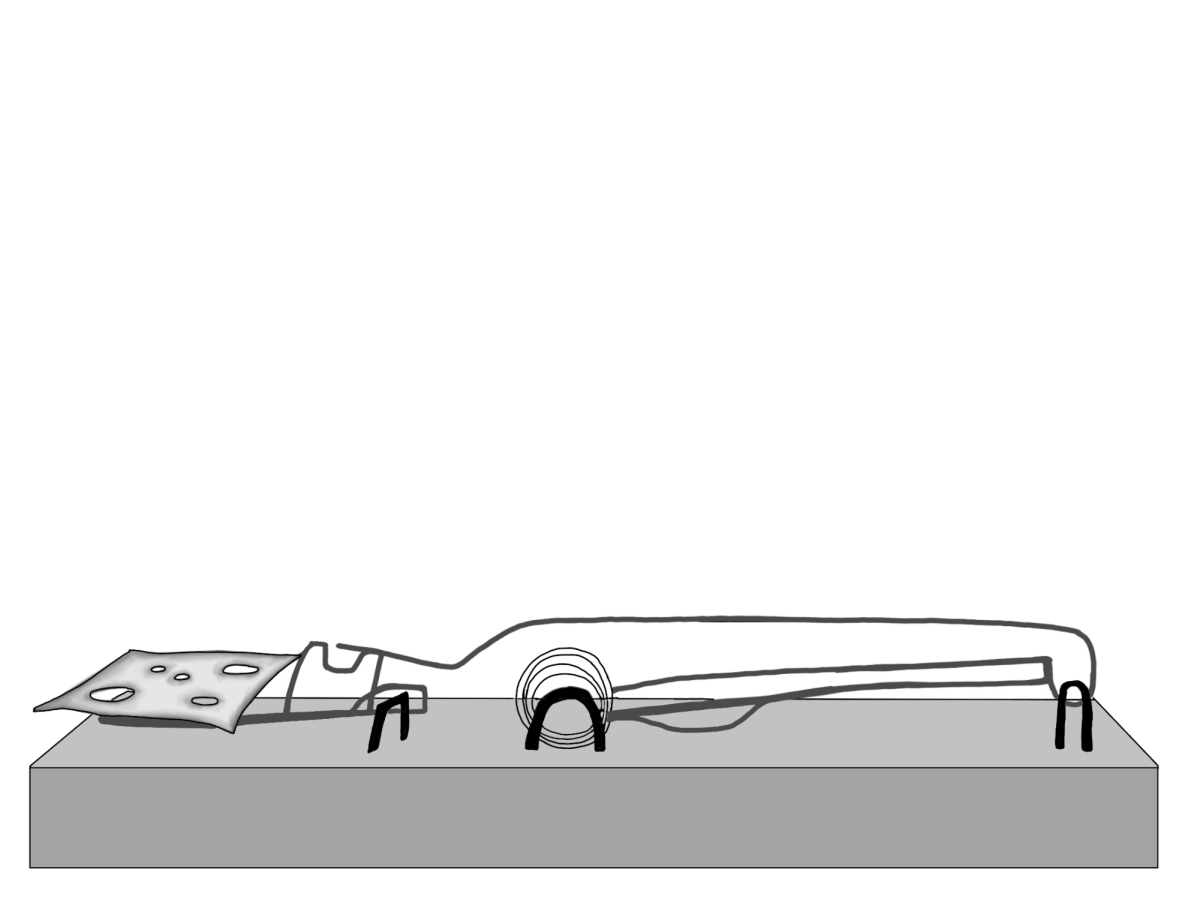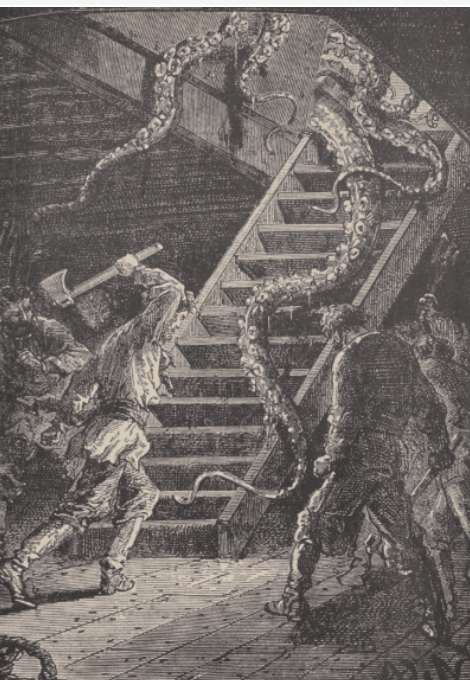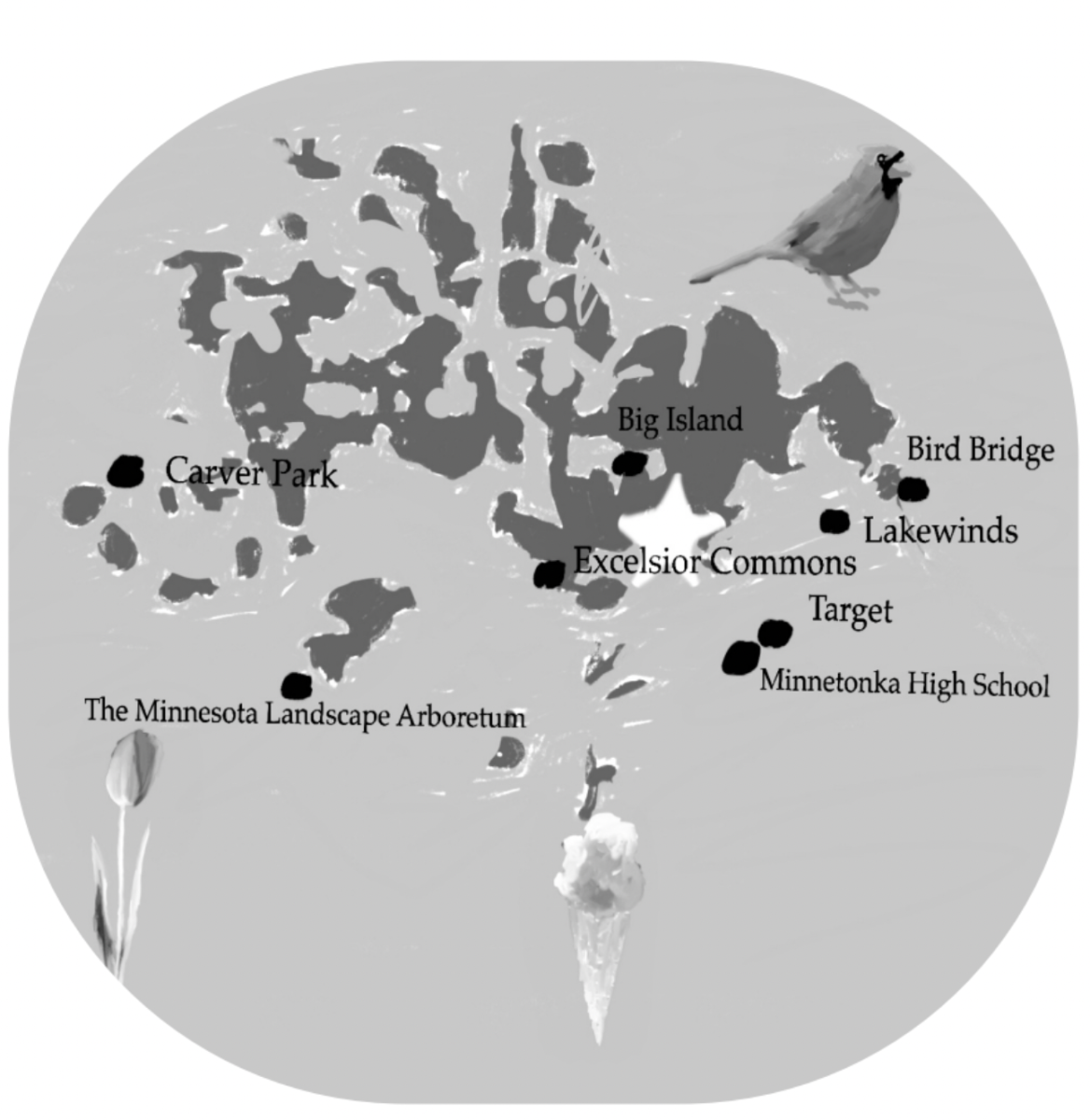How Gender Roles Affect the Way People Express Themselves Today
December 20, 2019
Growing up, I didn’t have the stereotypical blue means boy and pink means girl experience. As a small child, I was extremely close with my two older sisters, so I would play with Barbies with them and watch our favorite Disney Princess movies. I didn’t know that this was considered weird by a lot of the other kids my age for a while.
It was in kindergarten when I soon began to realize that other boys and girls thought it was weird that I would hang out with mostly girls in my class. I still made friends with boys, but I got along more with girls. I was called a slew of names by my classmates, and, of course, it got to me, but I still didn’t conform to the social norms that it seemed everyone wanted me to. I was not going to let someone tell me who I ought to be.
I remember once in third grade, when I was living in a very small town in Illinois (and by small I mean the town was a square mile large and was surrounded by eight miles of cornfields), there was this girl in my class who I thought was my friend, but she eventually began to call me the usual names like “gay”. The one name that stuck the most to me was a “girl trapped in a boy’s body.”
At the time, I didn’t care what she said, but it eventually got me to think, why did the things I liked make me a “girl trapped in a boy’s body” in that girl’s eyes? There is one clear answer to me. That is gender roles. Gender roles that tell us that boys have to be stoic, emotionless heroes and women have to be beautiful, delicate, and motherly.
While there is nothing wrong being traditionally feminine or masculine, there is something wrong with telling others who don’t fit that model that they aren’t valid as whatever they identify.
The article, “This is What Happens When Gender Roles are Forced on Kids” by CNN, wrote that sterotypically there is“the perception that men are the dominant sex, strong and independent.”
The article discusses how early childhood is where gender roles begin. They are then perpetuated during puberty. The article says that phrases like “don’t wear that” and “don’t sit like that” have a great impact on girls.
The article also said that the way boys are perceived by parents is also damaging. According to this article, boys are often seen as troublemakers and dangerous. The author interviewed girls from Delhi and Shanghai. The girls talked about how they were discouraged from interacting with boys, one stating that “I don’t make friends with boys, my parents told me not to.”
Gender-nonconforming is an interesting case.Girls who sway more towards the mascuine side are often encouraged and are seen as edgy and cool by their peers, but when boys sway more towards the feminine side, from first-had experience, they are often seen as weird by their peers. The reason for this isn’t something I believe can be come up with overnight. I think it goes much deeper into the topic of gender roles than many realize.
A topic that must be mentioned is the horrible treatment of transgender and nonbinary people. I cannot speak for them, but what I can say is that the stigma surrounding them must go. Nonbinary people are not confused in who they identify as. They are just people and rightfully deserve to be treated as such.
When it comes to gender roles and how they affect boys growing up, my experience was like a boy who didn’t want to conform to the bleak colorless world of war and violence that was what was expected. It’s not to say that I didn’t enjoy stereotypically masculine things; on the contrary, I loved superheroes and playing with Nerf guns, but I also loved more feminine things.
I don’t regret anything from my childhood, and I don’t regret loving childhood things I did. When it comes to the future, it is critical, regardless of gender, to try and fight against the gender roles that have been forced upon countless people throughout history. Today is crucial to children’s happiness. Let them play with whatever they want, let them love whatever color they want and let them simply be children.

